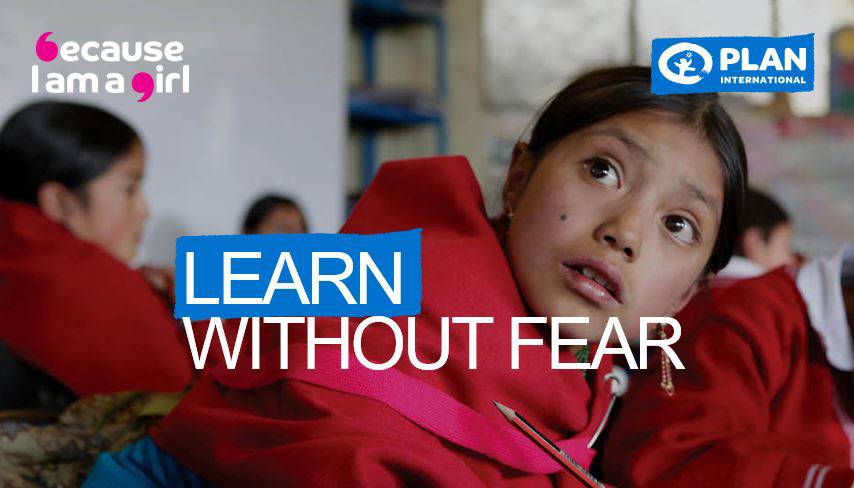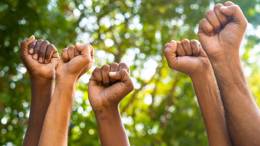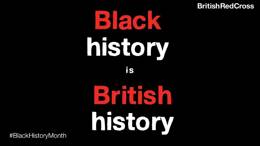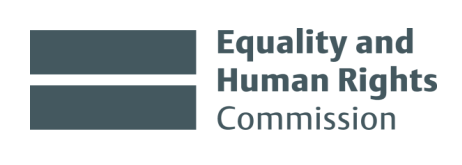Learn without fear: girls' rights school pack
A detailed lesson pack looking at the topic of gender based violence and how girls are affected by violence in school in the UK.

This resource pack from Plan UK was created as part of their #LearnWithoutFear campaign. Students will learn about some of the types of gender-based violence young people – particularly girls - can face in school today in the UK.
By the end of the lesson, students should be able to:
- recognise that gender based violence and abuse takes different forms in the UK and has negative consequences
- apply this understanding to practical responses we can take
- create meaningful pledges that challenge environments where gender based violence and abuse occur
The resource is made up of:
- two PowerPoint presentations on gender based violence: one for a whole school assembly and one for a class lesson
- a detailed lesson plan
- teacher notes
- curriculum links
Using this resource
This resource is designed for:
- young people aged 11 to 16
- use with whole school groups and individual classes
Please note that the content of this resource may be triggering for some students, and consideration should be given to the practicalities of delivery. Teachers should be aware of any time constraints and ensure that there is time to manage any potential outcomes/responses, as well as options for students to take time away from the lesson if needed.
The teachers' notes document addresses potential safeguarding concerns and should be read thoroughly before using this resource.
Using this resource
|
England - RSHE |
Being safe By the end of secondary school pupils should know: · the concepts of, and laws relating to, sexual consent, sexual exploitation, abuse, grooming, coercion, harassment, rape, domestic abuse, forced marriage, honour-based violence and FGM, and how these can affect current and future relationships |
|
Northern Ireland – Learning for Life and Work |
Relationships Key Stage 4 pupils should be enabled to: · develop their understanding of relationships and sexuality and the responsibilities of healthy relationships |
|
Scotland – Health and Wellbeing |
Relationships, sexual health and parenthood · I recognise that power can exist within relationships and can be used positively as well as negatively.
Social wellbeing · As I explore the rights to which I and others are entitled, I am able to exercise these rights appropriately and accept the responsibilities that go with them. I show respect for the rights of others. |
|
Wales - Health and Wellbeing |
Healthy relationships are fundamental to our wellbeing Progression step 4: I can consider the role of safety in relationships and I can identify where my safety or the safety of others is threatened and I know how to respond to this. Progression step 5: I can take steps to avoid conflict and to remove myself from unsafe relationships. I can draw on support systems for myself and others when needed. |
Share your feedback with us
How would you rate this resource? (1-5 from poor to excellent)
Thank you for your feedback
Your input helps us improve and maintain the quality of our resource hub.
Sorry there was an error
Please try again later.
Related resources

Black History Month toolkit
A set of resources for schools and colleges for Black History Month, focusing on mental health and...
View resource
Coercive control lesson plan
This lesson from BBC Teach is designed for use with students over 15, and explores the topic of...
View resource
Diversity lesson plan for 11-14 year olds
This lesson plan from the Equality and Human Rights Commission will help students understand the...
View resource
Celebrating Black History Month: classroom activity
This lesson, created for Black History Month, looks at themes of kindness and resilience by teaching...
View resource
 Author
Author
 Author
Author
 Author
Author
 Author
Author